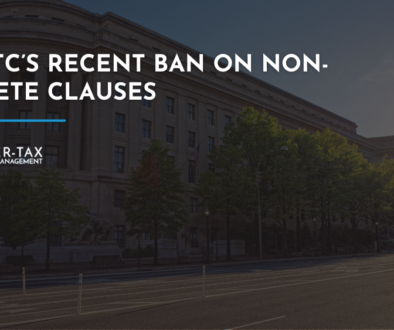529 College Savings Plans: A Cheat Sheet for Common Questions
Whether your child was just born or is heading toward high school graduation, a 529 savings plan may help you put aside funds to pay for college expenses without paying taxes (federal and some states) on any dividends and gains.1 However, 529 plans have some specific rules, regulations, and restrictions that parents must know before college begins. Here are the answers to some of the most commonly-asked questions about 529 college savings plans.
What Are Qualified Expenses?
Generally, 529 funds are tax-free when spent on qualified expenses, such as tuition, books, fees, and room and board. However, understanding what constitutes an eligible expense is sometimes challenging. Here are some things to know about qualified expenses:
● Books, supplies, and equipment are qualified; however, laptops and other tech devices are qualified expenses only if required for enrollment or attendance at a school.
● Airfare or driving expenses to and from college are not qualified expenses.
● Health insurance is not a qualified expense.
Room and board, including off-campus housing, is a qualified expense. However, it is capped at the room and board amount your college estimates in its total cost of attendance. This rule means that if your college publishes its cost of attendance as including $10,000 in room and board, but you have an off-campus apartment that costs $2,000 per month, you may only be able to use your 529 withdrawal to pay for $10,000 of your rent.
What Happens if Your Child Gets a Scholarship?
Getting a full-tuition scholarship may create a challenge. You may need to change what to do with the 529 funds earmarked to pay for college tuition. Fortunately, several options allow a 529 custodian to avoid paying penalty fees on the 529 funds.2
● Withdrawal of the scholarship amount from the 529 account is penalty-free but not tax-free.
● The 529 funds may pay for the student’s postgraduate education.
● The 529 funds may pay for qualified expenses of grandchildren, other children, or other family members. The beneficiaries of a 529 account may change at any time. As long as the withdrawn funds pay for qualified expenses, they remain tax-free.
When Should Funds Be Withdrawn?
It is important to note that any 529 withdrawals must pay qualified expenses incurred in the same year. Taking out funds Dec. 20 and spending them Jan. 2 might result in a penalty, even if the payment is qualified. Schedule withdrawals carefully to avoid problems and ensure that you spend the money on a qualified expense during the calendar year you make each withdrawal.
Another strategy worth considering is that 529 accounts held by grandparents are not a parental asset and the funds withdrawn are counted as the student’s income. This distinction means that waiting until the last couple of years of college to use the grandparent’s 529 funds may help the expected family contribution remain lower during the first few years of college.
Sources
1 https://www.usnews.com/education/best-colleges/paying-for-college/articles/2015/06/17/4-common-questions-about-spending-529-college-savings-funds
2 https://www.collegechoicedirect.com/home/frequently-asked-questions.html
Important Disclosures
The opinions voiced in this material are for general information only and are not intended to provide specific advice or recommendations for any individual security. To determine which investment(s) may be appropriate for you, consult your financial professional prior to investing.
Prior to investing in a 529 Plan investors should consider whether the investor’s or designated beneficiary’s home state offers any state tax or other state benefits such as financial aid, scholarship funds, and protection from creditors that are only available for investments in such state’s qualified tuition program. Withdrawals used for qualified expenses are federally tax free. Tax treatment at the state level may vary. Please consult with your tax advisor before investing.
All information is believed to be from reliable sources; however LPL Financial makes no representation as to its completeness or accuracy.
This article was prepared by WriterAccess.
LPL Tracking #1-05255895




